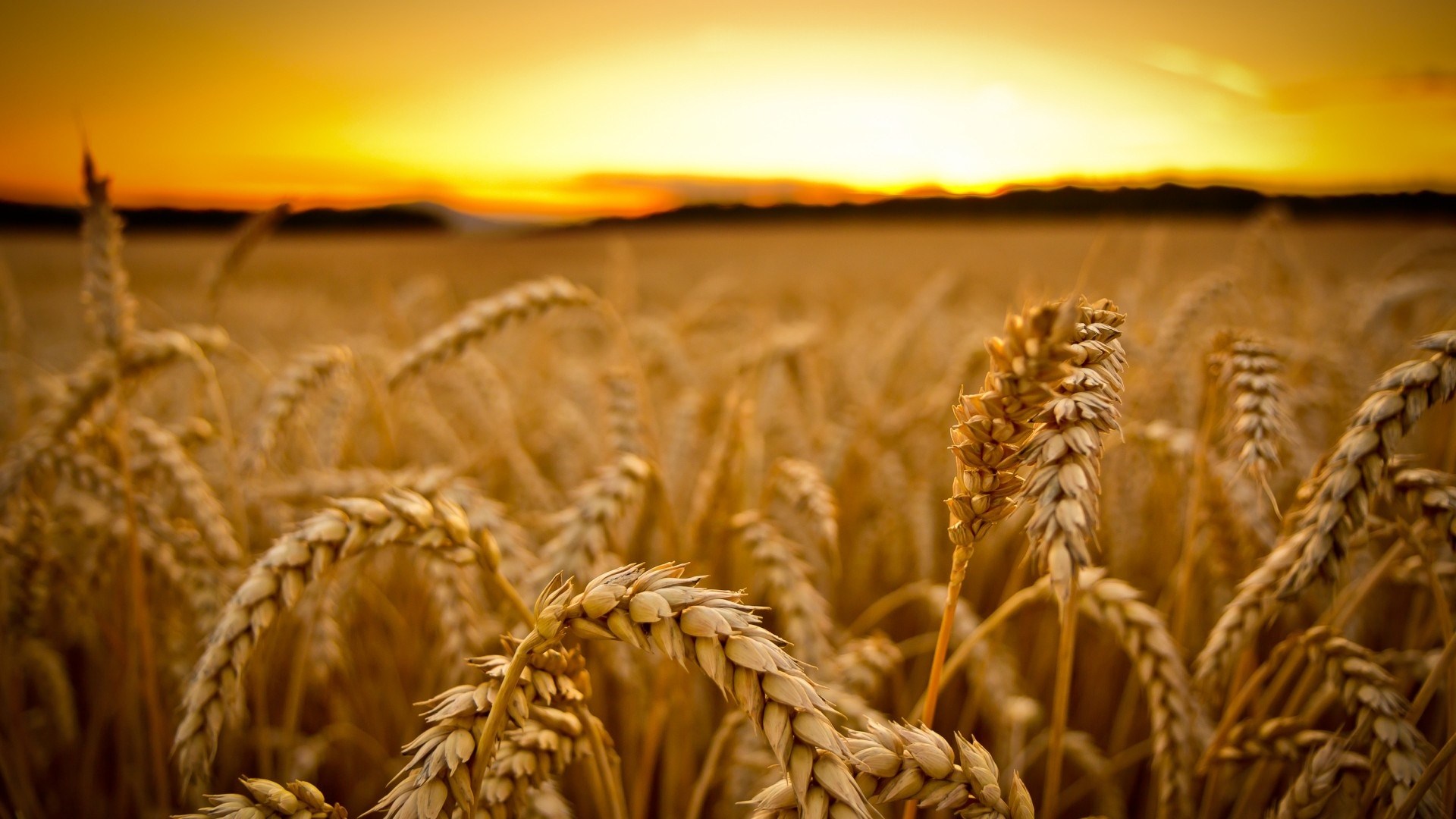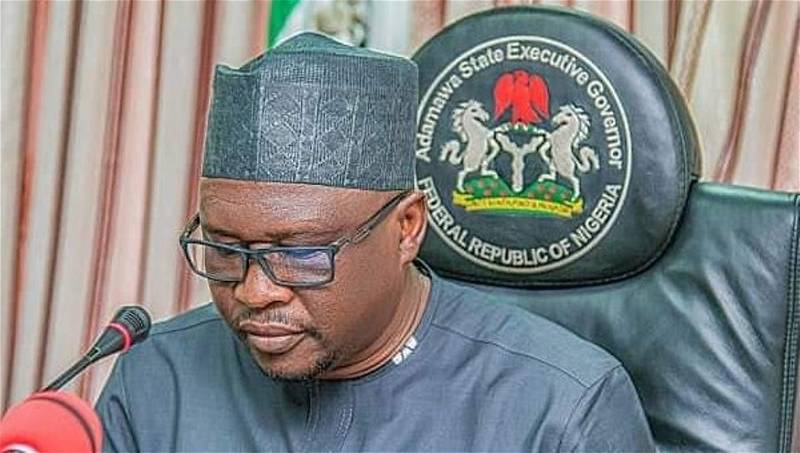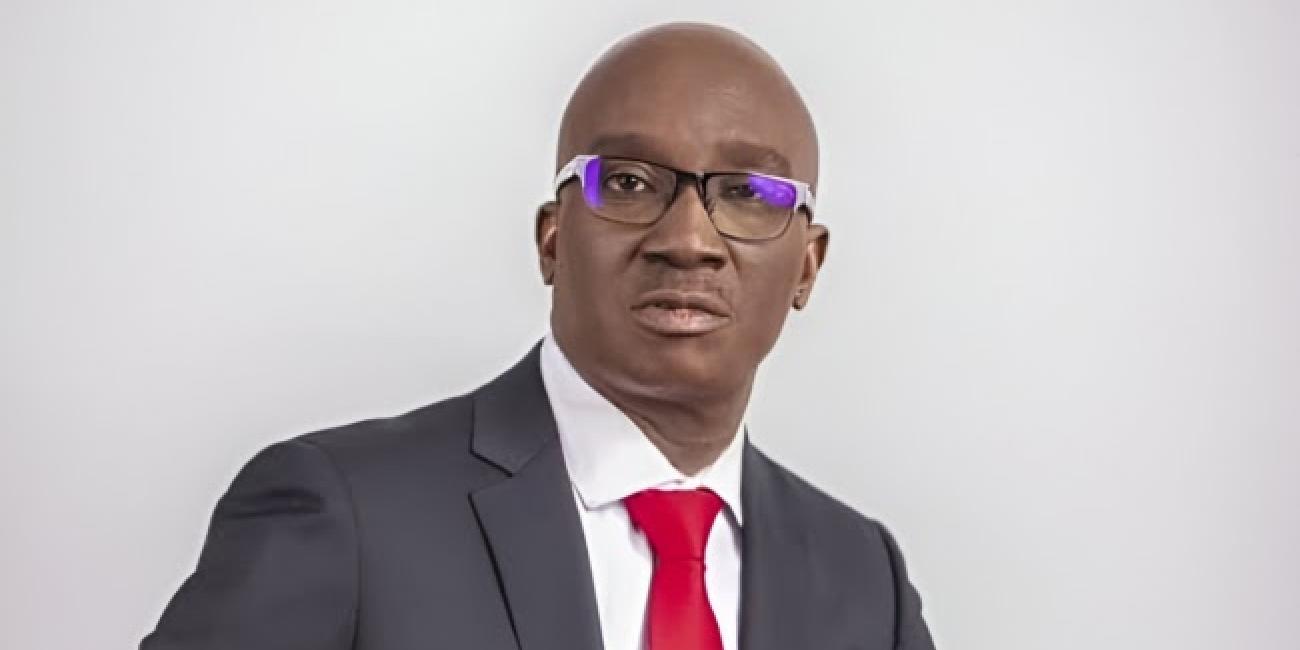By Babatunde Jose
Harvest of Shame was a 1960 television documentary presented by American broadcast journalist Edward Murrow on CBS, showing the plight of poor migrant farmers in the United States of America. The report was intended to shock America into action by bringing to Americans a live broadcast of what it means to live in poverty. Here in this clime we encounter the ‘Harvest of Shame’ on a daily basis, live and direct. We are talking of the shame of poverty in Nigeria and Africa in general. Of serious consequences for future generations is our unserious attitude to poverty alleviation not to talk of its eradication.
The first step in bringing people out of poverty is food security which is intractably tied to farming and agriculture. A hungry people cannot industrialize as their existential priority is to fill their stomach; call it stomach infrastructure if you like. Today, we are witnessing our ‘harvest of shame’ as a result of neglect and a lackadaisical attitude to the sociological imperatives of development. All those things that worked in our favor 59 years ago at independence have been corroded, abandoned and discarded, as a result of our myopic enthrallment with oil; the proceeds of which has failed to put food on our table except imported rice which most of the poor cannot afford. Oil cannot grow cassava in our farms; neither can it grow yams or tomatoes. The economics of oil is restrictive as its proceeds benefits only a few gate-keepers who hoard the money in foreign tax havens and do not even make any pretence at not creating employment for the poor multitude, hence the country exports oil but its people are poor. Oil has equally failed to expand opportunities for employment thereby taking many out of poverty. Rather, subsidy is enriching a particular class at the detriment of the larger population. Monies that could have been spent on health, education, agriculture and other sectors is being heaped on a single item. Like the Emir of Kano recently cried out, we are pauperizing the country and its people.
Before the country was colonized by Britain, during the second half of the 19th century, the various nationality groups that currently make up Nigeria were largely an agricultural people. They were food self-sufficient and produced a variety of commodities that were exported overseas. The same is still true today. Our human geography tells us that we remain an agrarian society where 70% of our population is engaged in agriculture. However, the past glory of commodity exporter has lost its luster. There remains the fact that we are incapable of feeding ourselves and poverty persists in the nation.
On the research side, attention was devoted largely to the possibilities of evolving permanent systems of agriculture that were capable of replacing rotational bush-fallowing systems prevalent in the country and realizing the promises of mixed farming in the north. Achievements of the period include the development of ‘Alien Cotton’ in the south; rice cultivation in Sokoto, Niger, llorin, Abeokuta Colony and Ondo provinces; the introduction of wheat cultivation in the more northern parts of the northern provinces; the expansion of production of such export crops as cocoa, oil palm and groundnut. The billion Naira questions begging for answers are many. Have we kept faith with these policies? What became of Awolowo’s farm settlements in Western Nigeria and in other parts of the country? Why is Lagos not a huge fish economy? The same could be asked of Cross River, Rivers and Delta States. What happened to our vast rubber plantations; Odutola Palm plantation; and the rubber plantation spanning Ikenne to Ayepe?
Among the most enduring and damaging impacts of Nigeria’s oil and gas resource curse has been the long, steady decline of the country’s agricultural sector. Add to this, is the attitude of the monied class to investment in agriculture. At best investment in agriculture is seen as a fad or fashion; hence there has been no wholehearted involvement in food production: Rather than produce food, they are content with growing mangoes for export; instead of fish for the teeming populace, they lay emphasis on shrimps which they sell on the high seas to foreign buyers. The small scale farmers do not have access to facilities and they remain subsistence in their activities. But those who have the money to invest are lackadaisical in their attitude. At best it’s a fashion that soon gets outmoded and they move on to other dollar-yielding activities. Where are the much vaunted Abiola Farms, Yar’Adua Farms, Folawiyo Farms and many more that are too lengthy to mention? The biggest fish farm we have is owned by foreigners who are ready to convert their investment into dollars and leave with the next flight. Yet we talk about food insecurity.
Food security can only exist when all people, at all times, have physical and economic access to sufficient safe and nutritious food that meets their dietary needs and food preferences for an active and healthy life.
Today, the agricultural sector is one of the most important in the country; it employs around 70% of Nigerian Labour force. But the sector suffers because of low output, and because of that, it is getting harder to feed the increasing population.
Another factor that has exacerbated the incidence of food sufficiency in Nigeria is the conflict and violence which has been largely due to ethnic and religious tensions: High rates of population growth and poverty have also played a part, within an already difficult environment of fragile ecosystems.
Although industrialized agriculture has been successful in producing large quantities of food, the future of food production is in jeopardy due to problems in agriculture.
Many face hunger, and an estimated three million could suffer critical food insecurity during the next lean season. Children under five in Nigeria experience high malnutrition rates: 43.6% are stunted, 10.8% are wasted.
Food shortage is a serious problem facing the world and is prevalent in sub-Saharan Africa. The scarcity of food is caused by economic, environmental and social factors such as crop failure, overpopulation and most importantly as a result of poor government policies.
Until our governments at various levels live up to their responsibilities in creating an enabling environment for robust agricultural development, we will continue to reap a ‘Harvest of Shame’.
GOD, give us men!
A time like this demand
Strong minds, great hearts, true faith and ready hands;
Men whom the lust of office does not kill;
Men whom the spoils of office cannot buy;
Men who possess opinions and a will;
Men who have honor; men who will not lie;
Men who can stand before a demagogue
And damn his treacherous flatteries without winking!
Tall men, sun-crowned, who live above the fog
In public duty, and in private thinking;
For while the rabble, with their thumb-worn creeds,
Their large professions and their little deeds,
Mingle in selfish strife, lo! Freedom weeps,
Wrong rules the land and waiting Justice sleeps.
– Josiah Gilbert Holland
Barka Juma’at and a Happy weekend!

 Boss Picks4 days ago
Boss Picks4 days ago
 Opinion6 days ago
Opinion6 days ago
 Events5 days ago
Events5 days ago
 Opinion4 days ago
Opinion4 days ago
 Adding Value5 days ago
Adding Value5 days ago
 Featured5 days ago
Featured5 days ago
 News5 days ago
News5 days ago
 Headline3 days ago
Headline3 days ago














